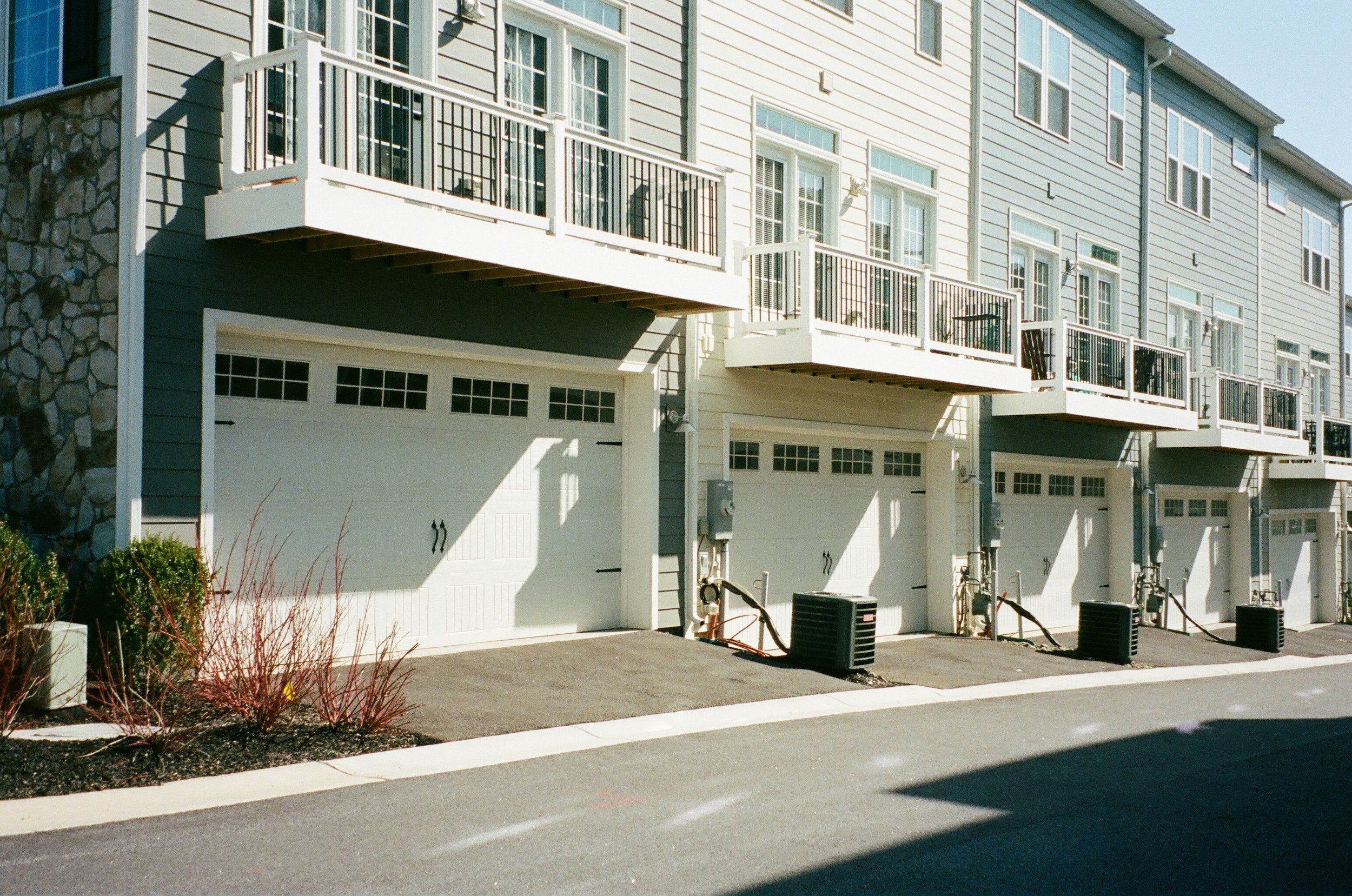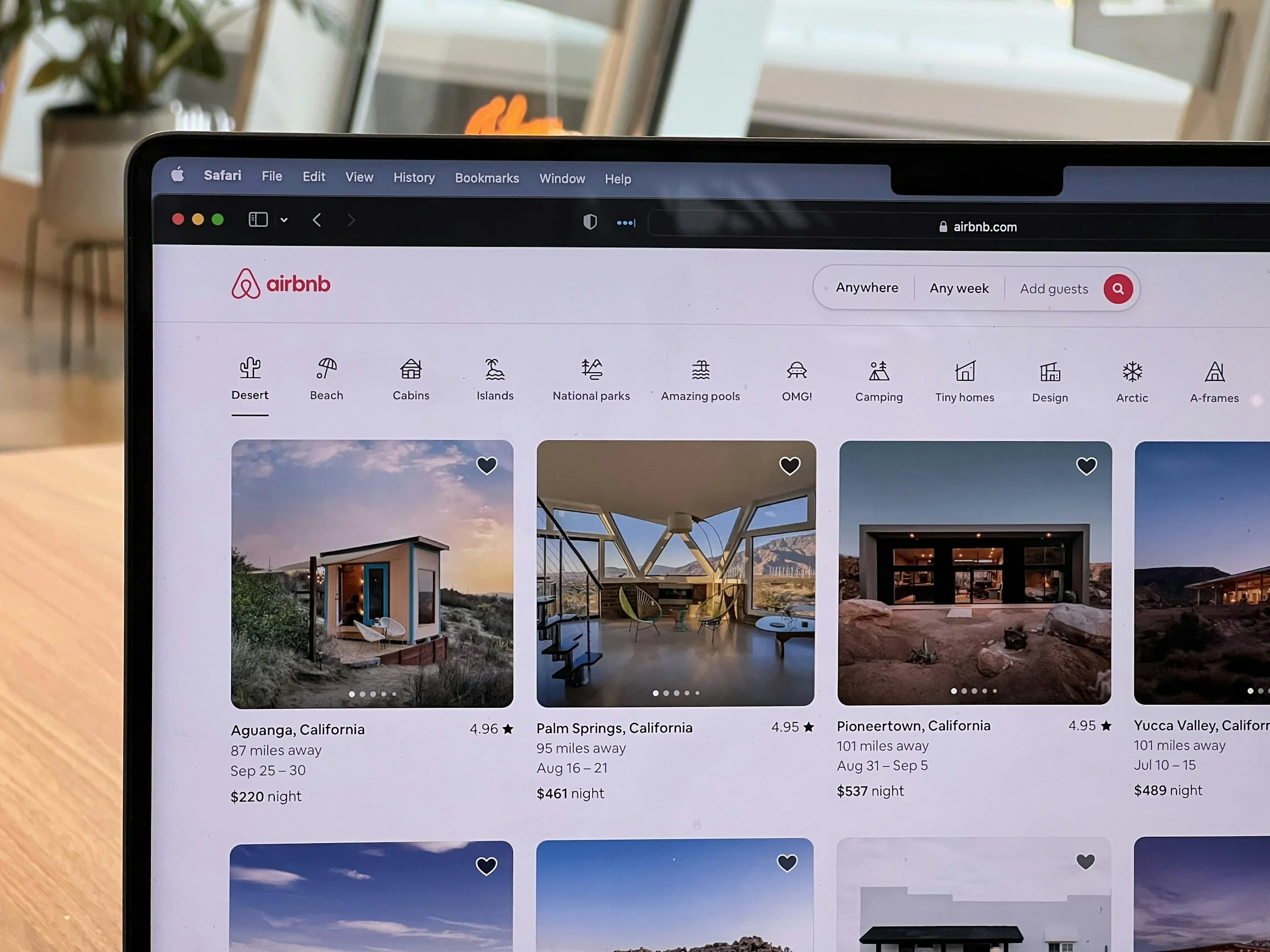Celebrating 40 Years of Excellence: What Our Triad Business Journal Feature Says About the Future of Community Management
/For four decades, Association Management Group (AMG) has had the privilege of serving homeowner and condominium associations throughout the Carolinas. Recently, we were honored to be featured in the Triad Business Journal’s “Biz Spotlight,” recognizing our 40+ years of service and leadership in the industry.
Milestones are meaningful—but what matters most to us isn’t the spotlight. It’s the communities behind the story.
Since 1985, AMG has focused on one mission: empowering volunteer board members with the tools, guidance, and partnership they need to lead thriving communities. That commitment has shaped not just our history—but our future
What 40 Years in HOA & Condo Management Really Means
Experience in community association management isn’t just about longevity. It’s about perspective.
Over the years, we’ve worked alongside:
First-time board members navigating governing documents for the first time
Long-time homeowners concerned about maintenance and property values
Developers transitioning communities from declarant control
Real estate professionals seeking stability and professionalism for their clients
Each perspective matters. And each requires Customized HOA & Condo Solutions, grounded in Local Carolina Expertise and guided by proven best practices from organizations like the Community Associations Institute (CAI).
As the area’s first firm to earn CAI-Accredited Management (AAMC®) status—and with leaders who hold PCAM® credentials—our team understands that strong communities are built on structure, not shortcuts.
What Industry Leaders Are Saying
The true measure of a management company isn’t what it says about itself—but what respected industry voices say about it.
In the Triad Business Journal feature, two leaders offered thoughtful reflections:
“AMG is an excellent example of what it means to partner with boards by empowering volunteer leaders and delivering world-class management services. This kind of collaboration creates communities people are proud to call home.”
— Dawn Bauman, CEO, Community Associations Institute
“When AMG manages a community, I believe it enhances property values… AMG brings the professionalism, stability, and service that give owners, buyers, and sellers peace of mind.”
— Kelly Marks, Veteran Realtor and former president of NC Realtors
These endorsements reflect principles we’ve prioritized for 40 years: Board Empowerment Tools, Transparent Financial Reporting, Proactive Maintenance Planning, and Vendor Oversight & Accountability.
The Foundations That Sustain Strong Communities
1. Transparency Builds Trust
One of the most common frustrations homeowners express is uncertainty around finances.
A board treasurer once shared that before professional guidance, meetings felt tense. Financials were confusing, reserve planning was reactive, and communication left room for doubt. Once structured financial reporting and clear budget forecasting were implemented, confidence returned—not just at the board table, but across the community.
Sound financial stewardship includes:
Budget Optimization
Reserve study planning (in consultation with qualified professionals)
Clear monthly reporting
Responsible assessment collection processes
Financial decisions should always align with governing documents and state statutes, and boards are encouraged to consult qualified legal and accounting professionals when necessary.
2. Proactive Planning Prevents Crisis Management
After 40+ years, one truth stands out: deferred maintenance is expensive.
Communities that thrive over decades commit to:
Routine inspections
Long-term capital planning
Vendor Oversight & Accountability
24/7 Emergency Response protocols
When a major storm impacts a neighborhood, preparation matters. Having Insurance & Risk Coordination processes in place—alongside qualified insurance advisors—can significantly reduce confusion during recovery. While management companies coordinate logistics, all safety emergencies and criminal matters should always be directed to law enforcement and appropriate authorities.
3. Manager Longevity Creates Stability
Turnover in community management disrupts momentum. Institutional knowledge disappears. Relationships reset.
Manager Longevity and a Dedicated Board Liaison model allow boards to build continuity over time. Stability fosters a Reputation for Responsiveness—something that cannot be rushed or manufactured.
A seasoned manager understands not just the bylaws, but the culture of the community. That insight is invaluable during conflict resolution, policy changes, or major projects.
4. Education Empowers Volunteer Leaders
Most board members never expected to serve. They step up because they care.
Board Training & Education—grounded in CAI resources (see caionline.org)—helps volunteers understand:
Fiduciary responsibilities
The importance of governing documents
Proper meeting procedures
The limits of board authority
We always remind boards: legal interpretation should come from qualified association attorneys. Management provides guidance and coordination—but not legal advice.
Empowered boards make better decisions. Better decisions create healthier communities.
Why Recognition Matters
Being featured in the Triad Business Journal gave us an opportunity to reflect on what “Proven Results for 40+ Years” truly represents.
It represents:
A Seamless Transition Process for communities changing management
Collaborative Process models that reduce friction
Conflict Resolution Support rooted in fairness and consistency
Community Engagement Programs that strengthen neighbor-to-neighbor relationships
Highest Google Ratings earned through consistent service—not marketing
Recognition is appreciated. But trust is earned daily.
Built to Last: The Next 40 Years
A strong HOA or condominium association doesn’t happen by accident. It requires:
Transparent Financial Reporting
Proactive Maintenance Planning
Legal Liaison Services when boards need coordination with counsel
Insurance & Risk Coordination
Budget discipline
And steady, experienced leadership
Communities across the Carolinas deserve a partner who understands the local landscape, state statutes, and evolving homeowner expectations.
That’s the responsibility we’ve embraced since 1985—and the commitment that continues forward.
Thank You to the Communities We Serve
To the volunteer board members who dedicate their evenings to meetings.
To the homeowners who care deeply about their neighborhoods.
To the real estate professionals and developers who trust in stable management.
And to the industry leaders who recognized our journey in the Triad Business Journal—thank you.
The spotlight is an honor. The real work happens quietly, every day, in communities that people are proud to call home.
For more about our services and approach to community association management across the Carolinas, visit amgworld.com.































